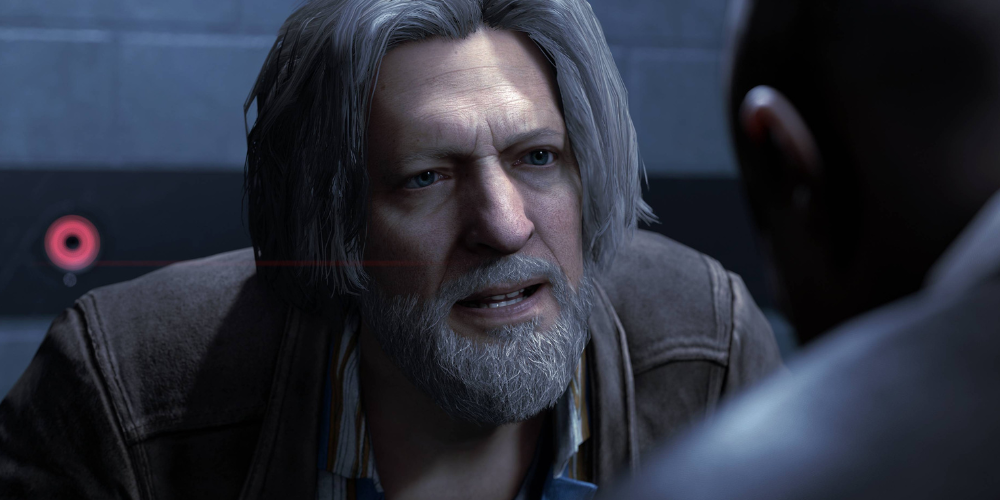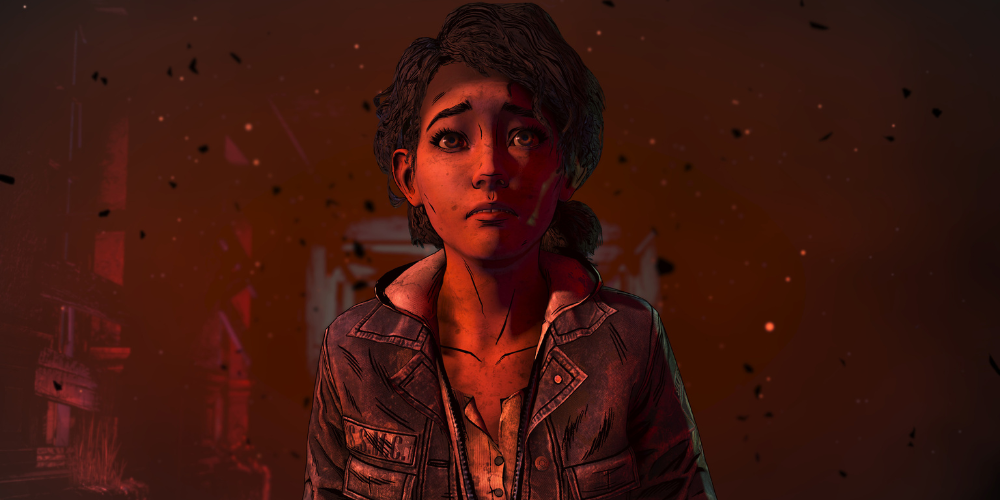Ethical Dilemmas in Video Games: Morality, Choices, and Consequences
- 2024-05-24
- 38
Video games have evolved significantly from the pixelated adventures of the 70s and 80s into complex narratives that often pose intricate ethical dilemmas to the players. Players might assume the persona of a hero, villain, or someone in-between, making decisions that affect the gamescape and story progression. The moral questions presented in video games stir profound contemplation in players, who must choose how their characters would react. This augmented confluence of ethics, decisions, and consequences in video games necessitates a closer look into the moral landscape of digital gaming.
Morality and Gaming

Morality becomes a significant gaming aspect when proposed decisions provoke internal debates about right and wrong. An array of video games today incorporate moral mechanisms to induce personal reflection among players, transforming them into active participants rather than passive consumers of a scripted story. In games like 'Mass Effect,' 'The Witcher,' or 'Fallout,' the characters' decisions substantially impact their universe, often leading to rewards or punishments based on the moral dimensions of their choices. Such morality systems enable players to feel empathy, guilt, pride, dismissal, or regret, attaching sincere emotional investment to games and their narratives.
Addressing Ethical Dilemmas

Video games can broaden ethical discussions by enabling the exploration of complex moral dilemmas within a safe and controlled environment. Tough choices are frequently presented, like sacrificing one life to save many others or retaining morality at the expense of survival. Through games like 'Detroit: Become Human,' players navigate intricate puzzles and difficult choices, grappling with significant ethical dilemmas concerning civil rights, artificial intelligence, and what constitutes valuing life. These games significantly contribute to our understanding of morality and ethics, providing insight into human behavior and decision-making by testing various moral constraints and personal principles.
Choices and Consequences

The concept of 'choice and consequence' in video gaming has always been a critical gameplay element. It is more noticeable in today's narrative-driven games, which shape storylines and characters based on player decisions. For instance, in The Walking Dead game series, player choices directly determine which characters live or die, affecting interpersonal relationships, the game's story, and successive episodes. These games measure morality not abstractly but in realistic outcomes that deal with consequences tied to a player's actions.
Critiques and Arguments

There is a growing concern about the potential exploitation of moral choice systems in games. Critics argue that these systems might oversimplify the complexity of real-life morality, reducing it to a binary choice between the "good" and the "evil" option. The morality scale is often just a thinly-veiled reward or punishment mechanism, offering in-game advantages for primarily 'good' actions. Such binary morality might discourage deep moral contemplation, projecting a false image of ethical decision-making as simplistic and transactional.
Final Verdict
With their unique interactivity, immersive narratives, and ethical frameworks, video games provide a fresh, engaging platform for exploring morality and consequential thinking. They elicit emotional responses and provoke thought about ethical issues, even when somewhat oversimplified. As this gaming element develops, designers should consider creating nuanced moral mechanisms that faithfully replicate the challenging continuum of real-life ethical dilemmas. By doing so, games could further deepen our understanding of ethics and morality, cementing their place as not just entertainment but as impactful tools for moral education and reflection.






Leave a comment
Your comment is awaiting moderation. We save your draft here
0 Comments